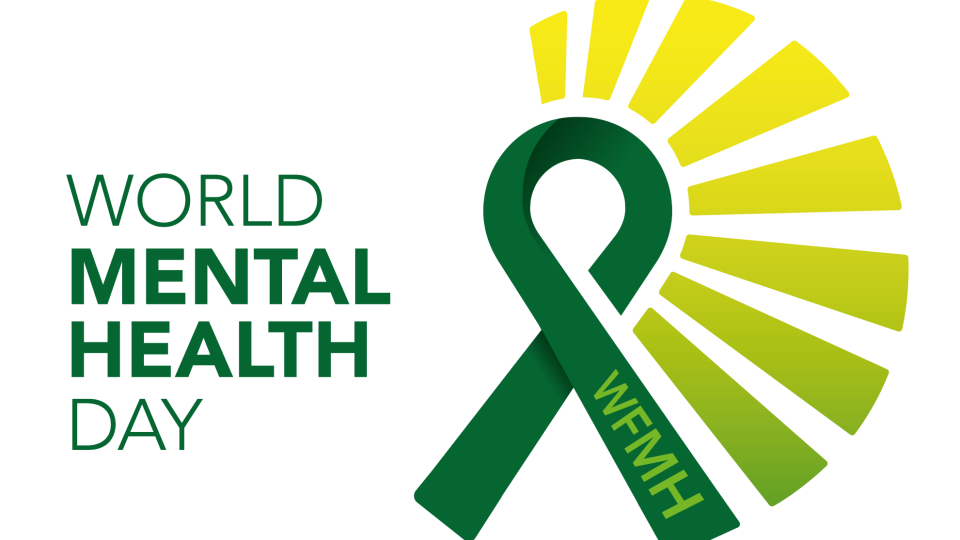ICN: ‘Mental health is a human right – end discrimination now’

ICN calls for investment in nursing as an essential prerequisite for high-quality mental health services
World Mental Health Day (10.10.2019) is observed each year to raise awareness of mental health issues affecting 1 billion people across the world. Despite effective strategies for managing and preventing mental disorders, many people do not seek help because of limited access to care and the stigma attached.
World Mental Health Day is an opportunity to highlight the invaluable role of registered nurses in promoting mental health, preventing mental illness and providing person-centred mental health care. Nurses are the largest professional group working in mental health.
Mental illness affects people of all ages, genders, socioeconomic levels and in every corner of the globe. And yet, around the world, mental health services are often plagued by stigma and discrimination and, as a result, end up underfunded and inaccessible to people who are in dire need.
This year’s focus on suicide prevention is especially welcome because of the high number of suicides across the globe. The World Health Organization estimates that as many as 800,000 people take their own lives each year - one every 40 seconds - a truly staggering and alarming statistic.
ICN Chief Executive Officer Howard Catton said: ‘Health is a human right and that right should apply equally to physical and mental health problems. Mental health services have historically been poorly funded and given a low priority, which means that the one in four of the population who will experience a mental health issue either have to wait far too long for help, treatment and support, or do not get any help at all.
‘The impact of not getting proper, timely treatment puts enormous pressure on individuals, their families and friends, and can quickly lead to people facing a number of issues, including social isolation, problems at work, and financial difficulties. People with mental illness often have limited or no access to housing, education or employment.
‘This lack of mental health services is a form of discrimination that can result in violations of people’s basic human rights, and it must end. We all need to talk more about mental health, and governments must invest more in services and the nurses that make them run smoothly. Nurses act as patient advocates and play an essential role in preventing and eliminating abuse and poor treatment of people with mental illness.’
ICN is concerned about the pervasiveness of the stigma and discrimination associated with mental illness and its negative consequences on the wellbeing of patients, families and society in general. The focus for the future development of mental health services should be on fully integrated services that are embedded in local communities to provide the best care as close to home as possible.
Read the full press release here